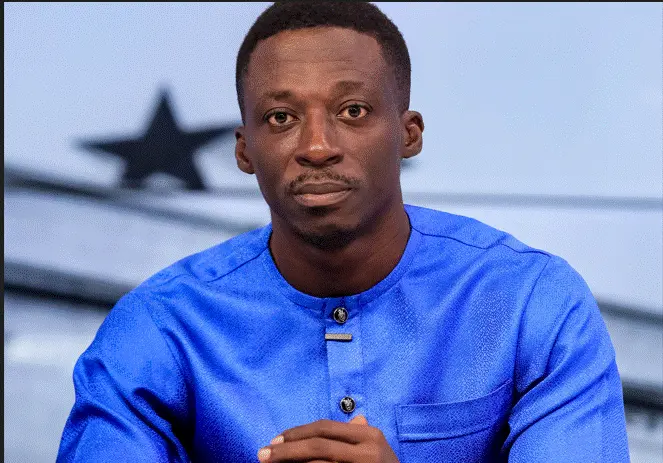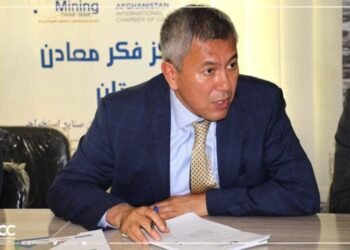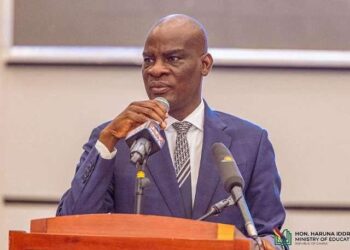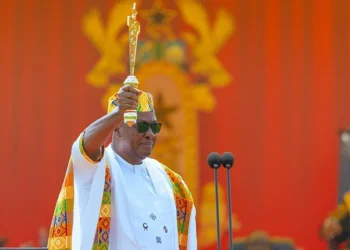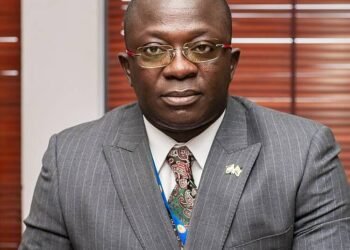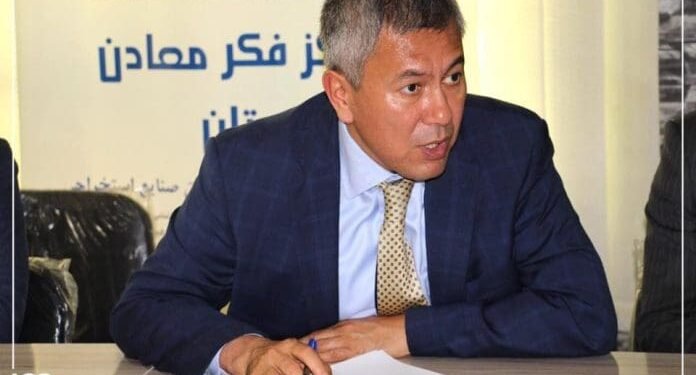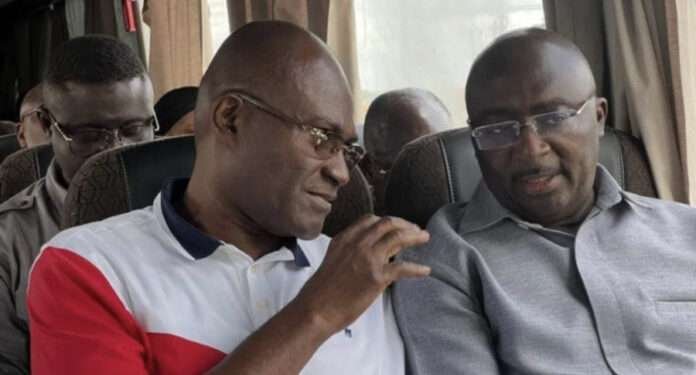Private legal practitioner Austin Kwabena Brako-Powers has challenged the government to submit the controversial deportee agreement with the United States to Parliament for ratification, arguing that constitutional order requires legislative approval for any international arrangement binding the Republic of Ghana.
His remarks have intensified the debate surrounding the government’s handling of the matter, which has attracted criticism since details of the agreement emerged.
Speaking on the issue, Brako-Powers questioned why the administration appears reluctant to seek parliamentary approval despite having the numerical advantage in the legislature. “If they believe the agreement is in Ghana’s interest, they should send it to Parliament for ratification,” he said.
The government has been criticised after reports revealed that Ghana had entered into an arrangement with the United States to receive West African nationals deported from America, a deal which is reportedly in operation even though Parliament has not been consulted.

Foreign Affairs Minister Hon. Samuel Okudzeto Ablakwa has defended the agreement, describing it as a memorandum of understanding and maintaining that MoUs do not require parliamentary ratification.
He argued that the arrangement at its current stage does not constitute a binding treaty. Brako-Powers, however, dismissed this position.
“It does not matter what name the government gives the agreement – MoU or otherwise – once it binds the Republic, it requires the approval of Parliament”
Austin Kwabena Brako-Powers, Private Legal Practitioner
Legal Precedent and Government’s Posture
The lawyer expressed concern about what he described as a “stream of misleading claims” from senior government officials in their effort to justify the deal and underscored that the Supreme Court has been clear on this matter, citing landmark decisions to support his stance.
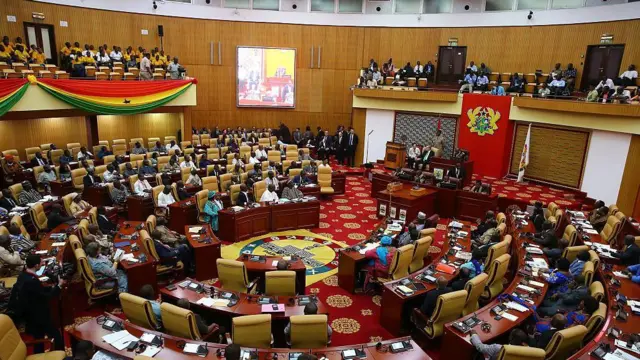
According to him, cases such as “Banful v. Attorney-General, Ndebugri v. Attorney-General and Brogya Gyamfi v. Attorney-General,” provide judicial clarity that any agreement entered into by Ghana with a foreign state “no matter how urgent or strategic,” must be subjected to parliamentary oversight.
“Anything less is unconstitutional,” Brako-Powers added, noting that successive court rulings have reinforced the view that the Constitution demands parliamentary scrutiny to ensure accountability and legitimacy in such dealings. He warned that sidestepping this process erodes democratic governance.
Beyond the legal arguments, the private legal practitioner criticised what he termed the “dodgy posture” of the administration. He argued that if the government is convinced the agreement is in Ghana’s best interest, there should be no hesitation in submitting it to Parliament.
He stressed that the government’s hesitation is puzzling, not only because it commands the majority in the House but because it has the goodwill of Ghanaians. For him, this reluctance fuels suspicions about the transparency of the arrangement and raises questions about whether there are details intentionally being withheld from the public.

Supreme Court Intervention
Brako-Powers concluded that if the government persists in avoiding parliamentary approval, the only option available would be to seek redress from the Supreme Court. He argued that constitutional enforcement remains the ultimate safeguard to prevent executive overreach and to uphold the country’s democratic framework.
In his words, returning to the court would be necessary to ensure that constitutional provisions are respected in practice and that “Ghana’s sovereignty is not compromised by unratified international commitments.”
As the controversy unfolds, the deportee agreement continues to dominate national discourse, with legal experts, political actors, and civil society organisations pressing for clarity and accountability.
Whether the government submits the deal to Parliament or faces judicial intervention, the matter is certain to test Ghana’s constitutional order in the days ahead.
READ ALSO: Global Banking Titans Descend on Accra to Shape Ghana’s Road to Economic Transformation

